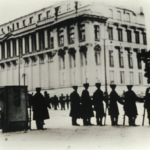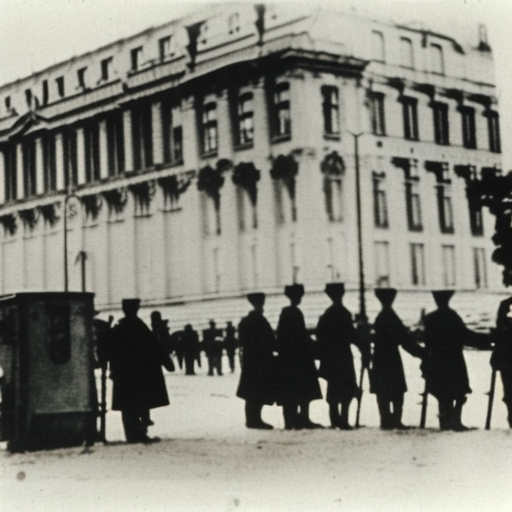The Square Deal by Theodore Roosevelt
The Square Deal was a progressive domestic policy introduced by President Theodore Roosevelt during his presidency from 1901 to 1909. It aimed to strike a balance between the interests of labor, business, and consumers, and to address the social and economic issues of the time.
Background: At the turn of the 20th century, the United States was experiencing rapid industrialization and urbanization. This led to a concentration of wealth in the hands of a few, while many workers faced poor working conditions and low wages. Additionally, the rise of powerful corporations created concerns about their influence over the government and the economy.
Three C’s:
Roosevelt’s Square Deal policy was based on three main principles, known as the “Three C’s”: conservation of natural resources, control of corporations, and consumer protection.
Conservation of Natural Resources: Roosevelt recognized the importance of preserving the nation’s natural resources for future generations. He believed that the government had a responsibility to protect and manage these resources. Under his administration, Roosevelt established national parks, wildlife refuges, and national forests. He also advocated for the efficient use of resources and the regulation of industries that exploited them.
Control of Corporations: Roosevelt sought to regulate and control the power of large corporations. He believed that some corporations had become too powerful and were engaging in unfair business practices that harmed consumers and smaller competitors. To address this, he supported the enforcement of existing antitrust laws and the creation of new ones. Notably, his administration filed several lawsuits against monopolistic corporations, including the famous case against the Northern Securities Company.
Consumer Protection: Roosevelt aimed to protect consumers from unsafe products and unfair business practices. He advocated for the passage of laws that would ensure the safety and quality of food and drugs. In 1906, Congress passed the Pure Food and Drug Act and the Meat Inspection Act, which established regulations for the food and drug industries and improved public health standards.
Other Reforms:
In addition to the Three C’s, Roosevelt implemented several other reforms as part of his Square Deal policy.
Labor Reforms: Roosevelt supported the rights of workers and sought to improve their working conditions. He mediated in labor disputes and encouraged collective bargaining. In 1902, he intervened in the Coal Strike, which threatened the nation’s coal supply, and successfully brokered a compromise between the miners and the mine owners.
Railroad Regulation: Roosevelt recognized the need to regulate the railroad industry, which had a significant impact on the economy. He pushed for the passage of the Hepburn Act in 1906, which gave the Interstate Commerce Commission (ICC) the power to set maximum railroad rates and regulate other aspects of the industry.
Reforms in Education and Healthcare: Roosevelt advocated for improvements in education and healthcare. He supported the expansion of public education and called for increased funding for schools. He also pushed for the establishment of public health programs to address issues such as sanitation and disease prevention.
Legacy:
The Square Deal policy had a lasting impact on American society and politics. It laid the foundation for future progressive reforms and influenced subsequent presidents, such as Franklin D. Roosevelt’s New Deal during the Great Depression. The Square Deal represented a shift towards a more active role for the federal government in addressing social and economic issues, and it marked a significant departure from the laissez-faire policies of the late 19th century.
In conclusion, Theodore Roosevelt’s Square Deal policy aimed to address the social and economic challenges of the early 20th century. Through the principles of conservation, control, and consumer protection, Roosevelt sought to create a fair and balanced society. His reforms in areas such as labor, corporations, and consumer protection had a lasting impact and set the stage for future progressive reforms in the United States.












